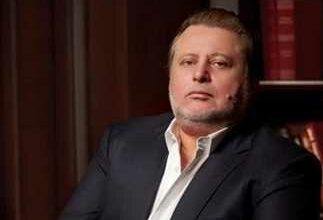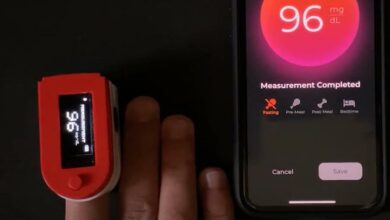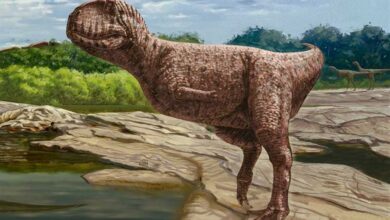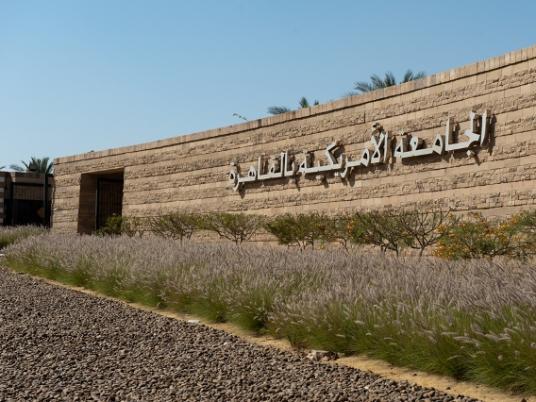The start of the Seventh World Conference of Science Journalists on 27 June in Doha brings 760 participants from 90 nations, half of them from the developing world, and marks the first time the conference has been held in an Arab country.
The conference is hosted by the Arab Science Journalists Association (ASJA) and the National American Science Writers (NASW). During its opening session, Nadia El-Awady, the president of the conference, its co-organizer and president of the World Federation of Science Journalists, called the event a dream-come-true after a lot of work.
Winning the bid to organize the conference was a great achievement for the ASJA, which presented an ambitious and impressive proposal at the 2010 conference in London, said Ahmed al-Zoheiry, director of the Research, Development, and Innovation Center (RDI) in Egypt. Zoheiry asked in the beginning of his speech whether democracy would liberate science, saying there are many indications that science has already liberated in Egypt, including the commitment of the government to promote science and research. He added that science journalism is a very important component of science communication.
Dalia Abdel-Salam, head of the environment section at Al-Ahram's weekly French edition and the conference co-organizer, said she was proud to be part of the event.
The conference sponsored 15 mass communications students from Cairo University and seven Egyptian journalists to attend the event.
Mohamad Fathy Saoud, president of conference sponsor Qatar Foundation for Education, Science and Community Development, talked about the foundation's efforts to reverse the brain drain in the region and to act as a science and technology hub. Saoud announced that by 2015, Qatar will invest 2.8 percent of its GDP in research initiatives.
Ahmed Zewail, prominent Egyptian Nobel Laureate and advisor to US President Barack Obama, discussed how the Egyptian revolution changed dogmas and helped non-Arabs look at the Middle East from a new perspective void of stereotypes.
"Science journalism is a very important [development] tool in the transition," he said.
Earlier this month, Zewail announced, along with Prime Minister Essam Sharaf, the Zewail City for Science and Technology, an independent, non-profit center for scientific research that will be funded by the government and private donations. Zewail said a fundraising campaign has already been launched to pay for the multi-billion-dollar project and project founders are searching for academics from the region to form a network of experts.
At the conference, Zewail advised journalists to press the world to support science and research.
The conference focused on how to present scientific reporting in a simple, informative way that relates to people's daily lives and engages readers.
Hassan Azazy, professor and associate dean of graduate studies at the American University in Cairo, talked about the university's science research, including one project he said led to a new, less expensive and more efficient way to diagnose hepatitis C.
Another AUC professor, Alaa Ibrahim, recommended that science activities and education start in kindergarten.
"The bottom line is that science and technology communication is a human right," he said.




